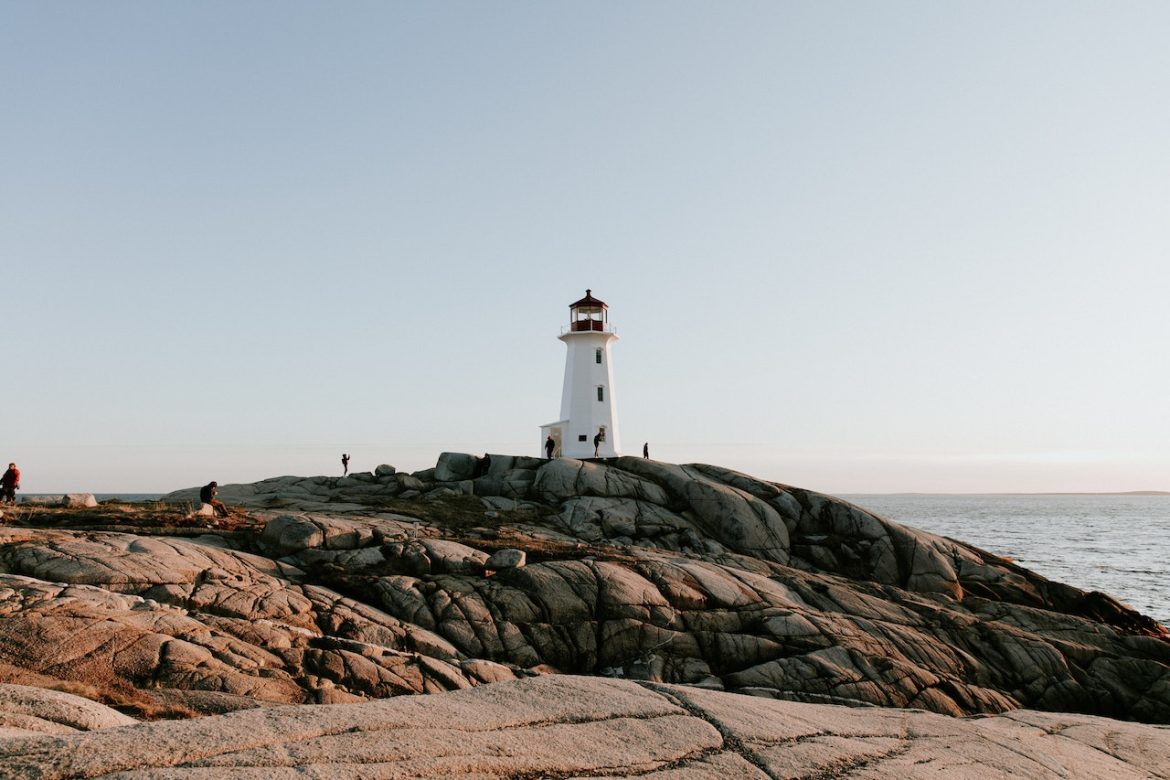Canada is known for its diversity and multiculturalism. With a population of over 38 million people, Canada is home to a wide range of ethnic, cultural, and linguistic groups. In this blog post, we’ll explore Canada’s multiculturalism and the different cultural communities that make up the country.
Canada’s history of multiculturalism
Multiculturalism has been an important part of Canada’s identity since the 1970s. In 1971, the Canadian government adopted a policy of multiculturalism, which recognized the cultural diversity of the country and aimed to promote equality and respect for all Canadians. The policy has since been enshrined in law, and Canada is now known as one of the most diverse countries in the world.
Cultural diversity in Canada
Canada’s cultural diversity is reflected in its population, with people from all over the world calling Canada home. Here are some of the cultural communities that make up Canada:
- Indigenous peoples: Canada’s Indigenous peoples are the original inhabitants of the land, and there are over 600 Indigenous communities across the country. Each community has its own unique culture, language, and traditions.
- French Canadians: French Canadians make up a significant portion of Canada’s population, particularly in the province of Quebec. French Canadian culture is known for its cuisine, music, and language, which is one of Canada’s two official languages.
- Chinese Canadians: Chinese Canadians have been a part of Canada’s population since the 19th century, and today they make up one of the largest visible minority groups in the country. Chinese Canadian culture is known for its cuisine, art, and festivals, such as Chinese New Year.
- South Asian Canadians: South Asian Canadians include people of Indian, Pakistani, and Bangladeshi descent, among others. South Asian Canadian culture is known for its cuisine, music, and festivals, such as Diwali and Vaisakhi.
- Caribbean Canadians: Caribbean Canadians include people of Jamaican, Trinidadian, and Haitian descent, among others. Caribbean Canadian culture is known for its music, dance, and food, such as jerk chicken and roti.
The benefits of multiculturalism
Canada’s multiculturalism has many benefits. It promotes respect and understanding for different cultures, encourages diversity and creativity, and helps to reduce discrimination and racism. Multiculturalism also allows Canadians to learn from one another and to appreciate the richness of different cultures.
In conclusion, Canada’s multiculturalism is one of its greatest strengths. By celebrating and embracing cultural diversity, Canada has become a vibrant and dynamic country that values equality and respect for all its citizens.
Canada is known for its diversity and multiculturalism. With a population of over 38 million people, Canada is home to a wide range of ethnic, cultural, and linguistic groups. In this blog post, we’ll explore Canada’s multiculturalism and the different cultural communities that make up the country.
Canada’s history of multiculturalism
Multiculturalism has been an important part of Canada’s identity since the 1970s. In 1971, the Canadian government adopted a policy of multiculturalism, which recognized the cultural diversity of the country and aimed to promote equality and respect for all Canadians. The policy has since been enshrined in law, and Canada is now known as one of the most diverse countries in the world.
Cultural diversity in Canada
Canada’s cultural diversity is reflected in its population, with people from all over the world calling Canada home. Here are some of the cultural communities that make up Canada:
- Indigenous peoples: Canada’s Indigenous peoples are the original inhabitants of the land, and there are over 600 Indigenous communities across the country. Each community has its own unique culture, language, and traditions.
- French Canadians: French Canadians make up a significant portion of Canada’s population, particularly in the province of Quebec. French Canadian culture is known for its cuisine, music, and language, which is one of Canada’s two official languages.
- Chinese Canadians: Chinese Canadians have been a part of Canada’s population since the 19th century, and today they make up one of the largest visible minority groups in the country. Chinese Canadian culture is known for its cuisine, art, and festivals, such as Chinese New Year.
- South Asian Canadians: South Asian Canadians include people of Indian, Pakistani, and Bangladeshi descent, among others. South Asian Canadian culture is known for its cuisine, music, and festivals, such as Diwali and Vaisakhi.
- Caribbean Canadians: Caribbean Canadians include people of Jamaican, Trinidadian, and Haitian descent, among others. Caribbean Canadian culture is known for its music, dance, and food, such as jerk chicken and roti.
The benefits of multiculturalism
Canada’s multiculturalism has many benefits. It promotes respect and understanding for different cultures, encourages diversity and creativity, and helps to reduce discrimination and racism. Multiculturalism also allows Canadians to learn from one another and to appreciate the richness of different cultures.
In conclusion, Canada’s multiculturalism is one of its greatest strengths. By celebrating and embracing cultural diversity, Canada has become a vibrant and dynamic country that values equality and respect for all its citizens.

